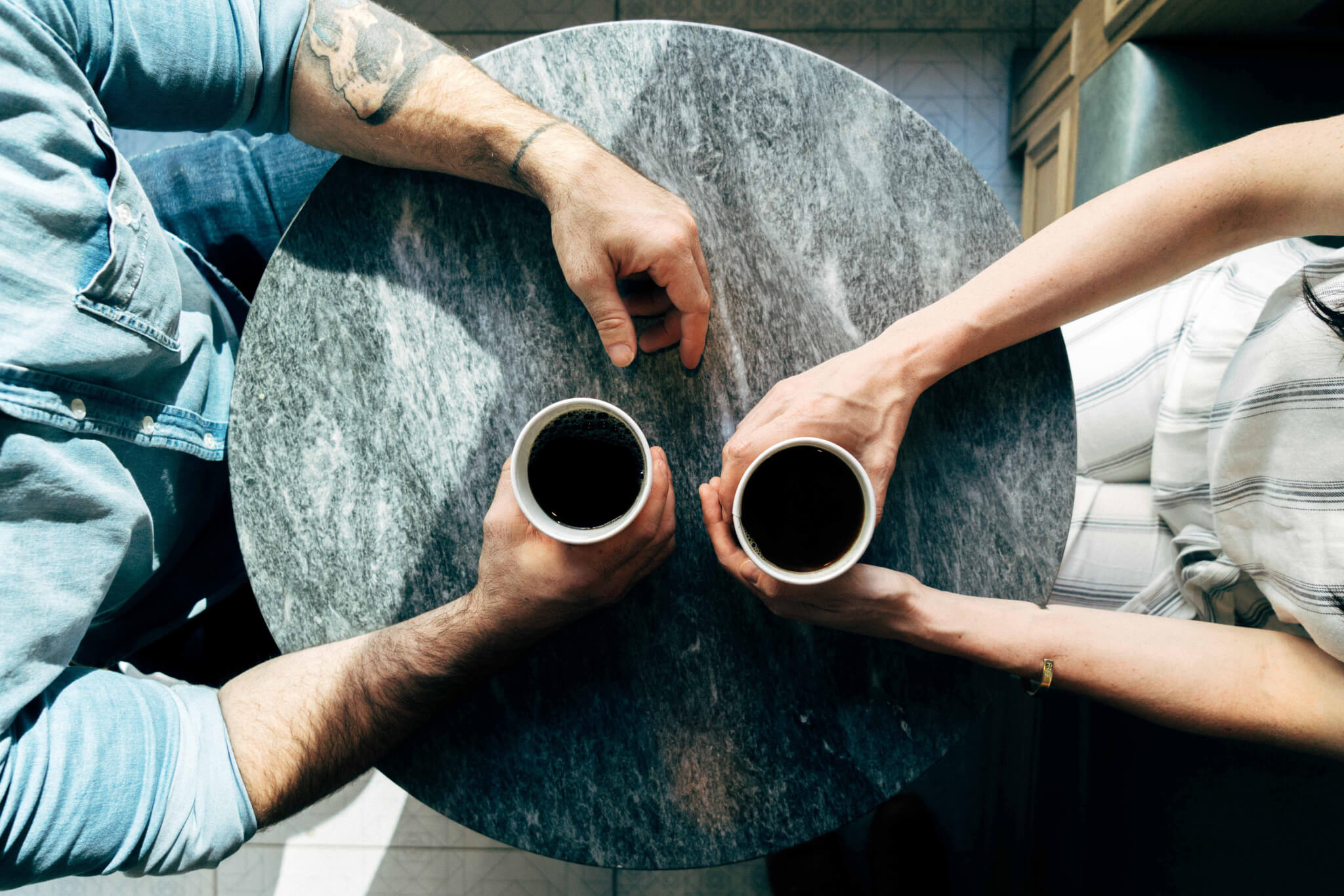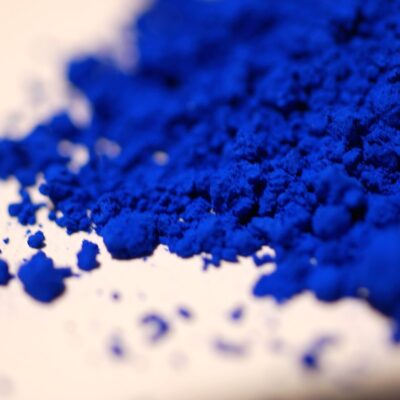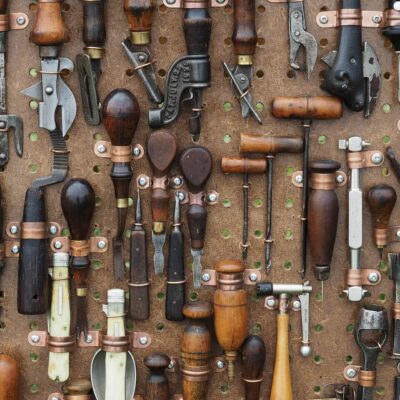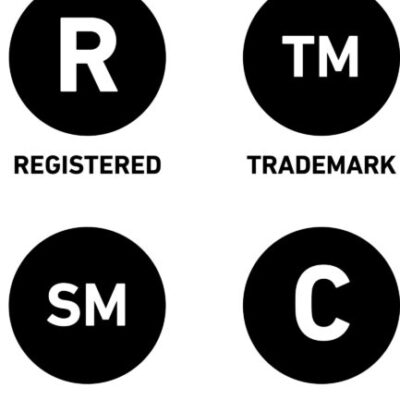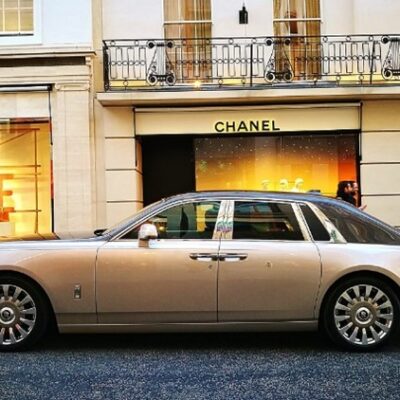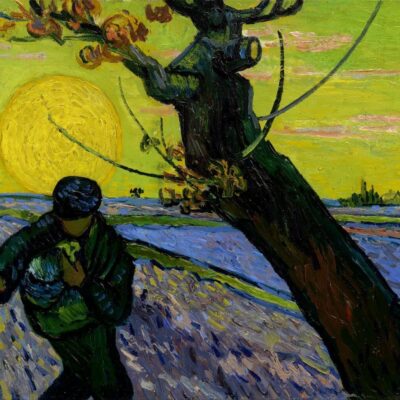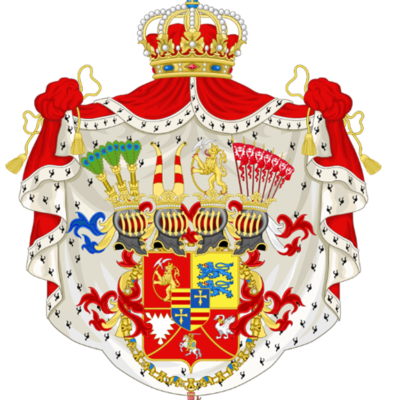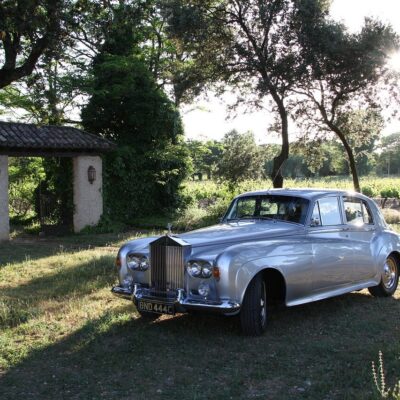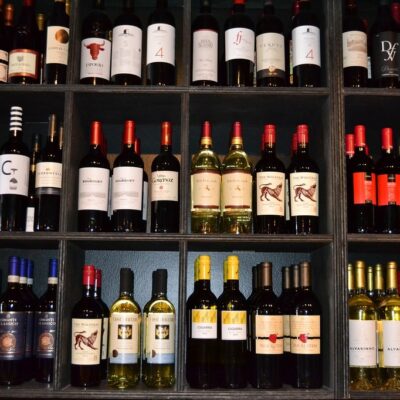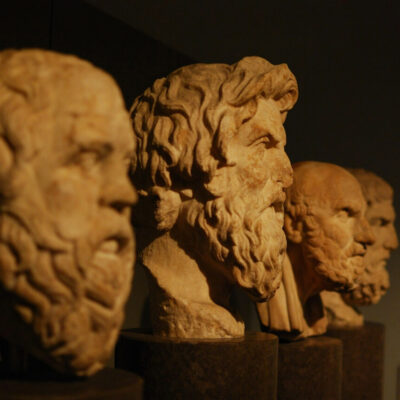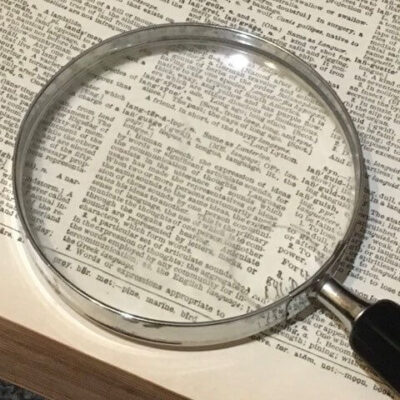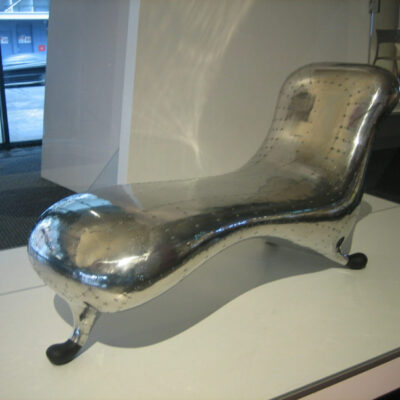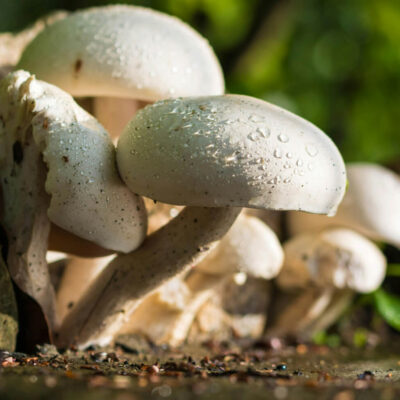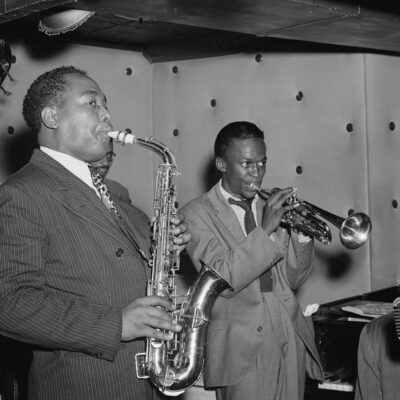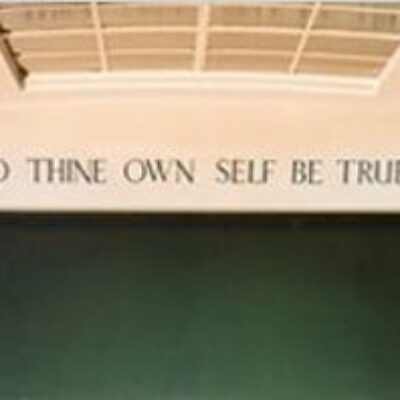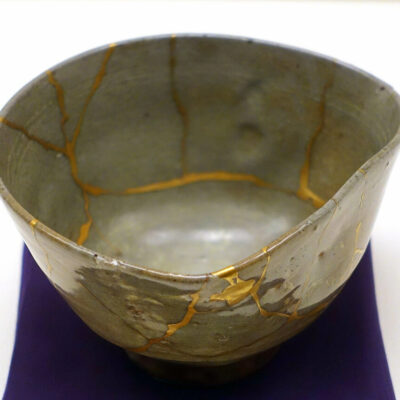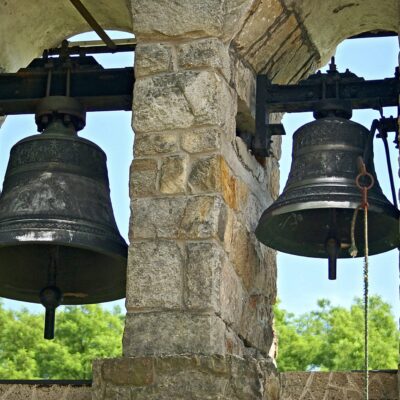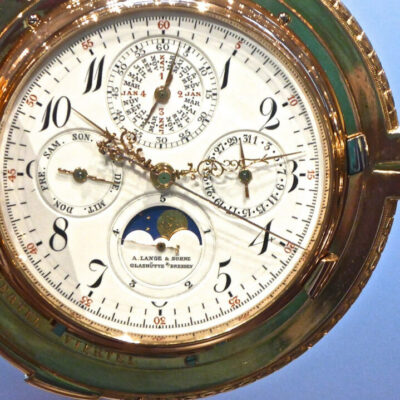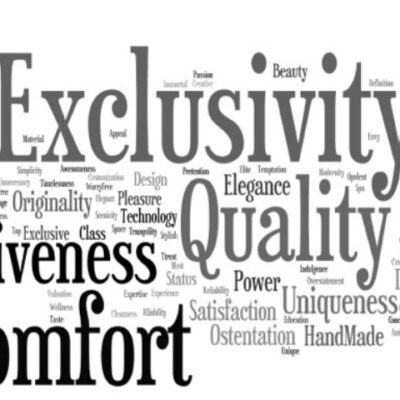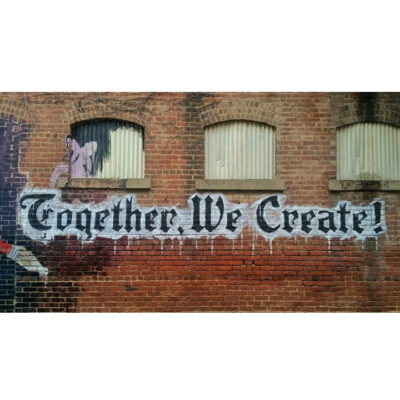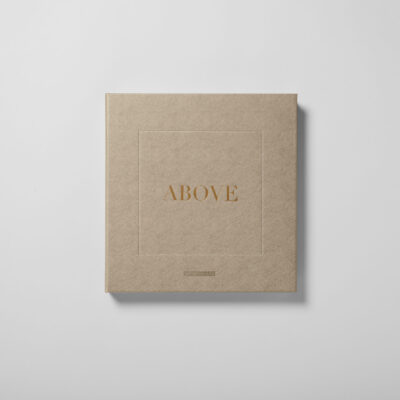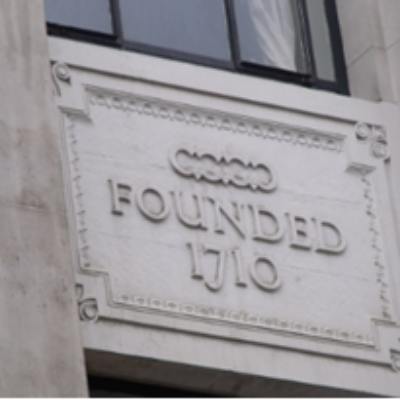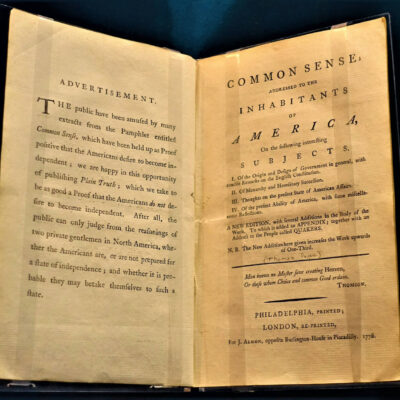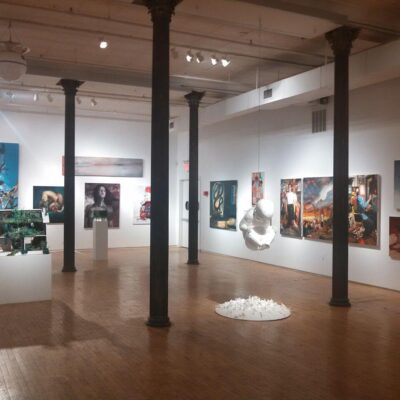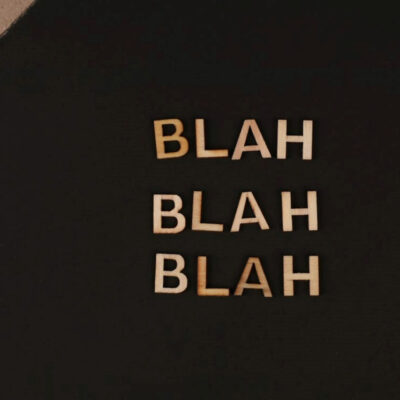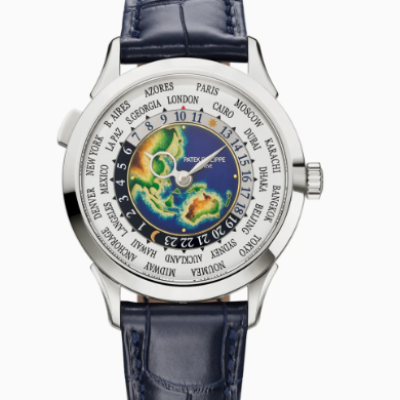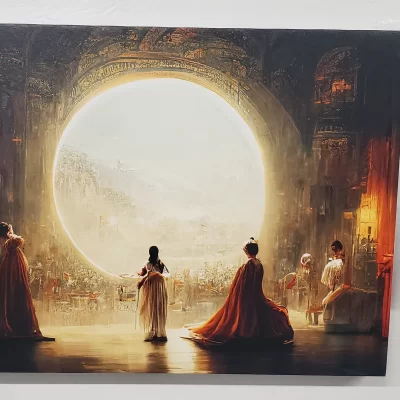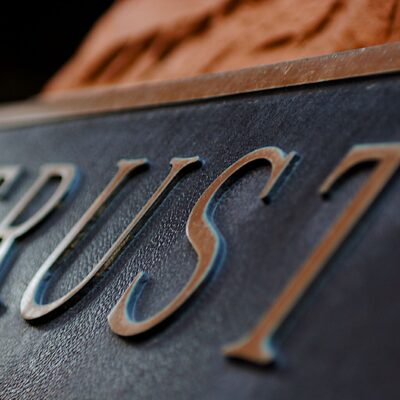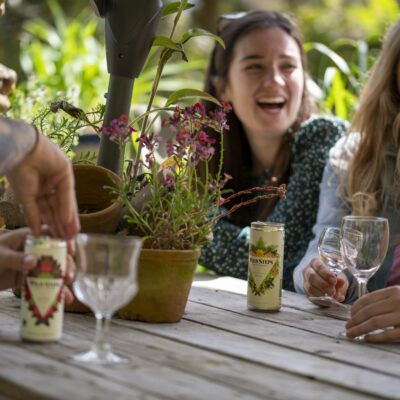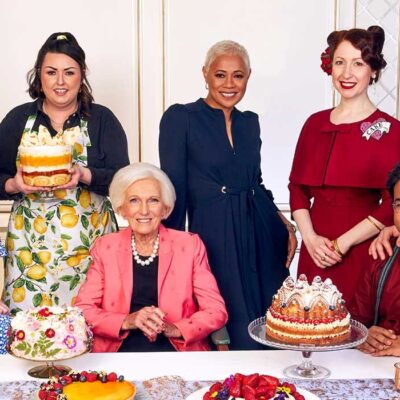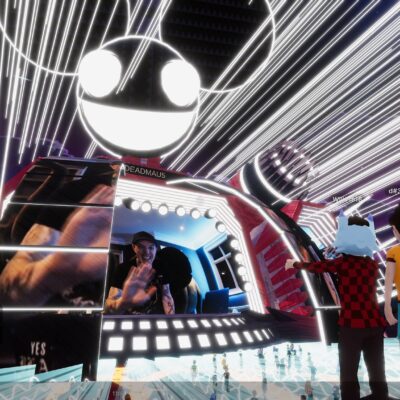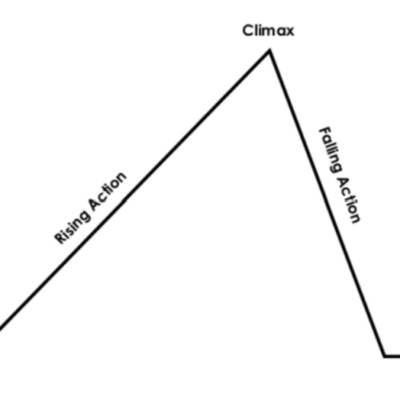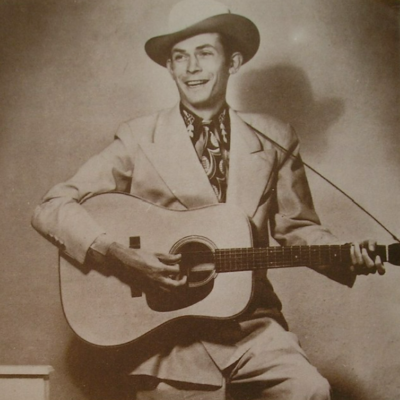‘Life will never be the same again’
‘Well, maybe. Who knows for sure'
‘It depends on how long it lasts'
‘Everything’s going to change'
‘It may be for the better'
'Bad things have happened in the past and certainly it’s not an automatic conclusion that good things will happen as a result. Two World Wars haven’t stopped atrocity, suffering and misery. Although the NHS started after the war. That was good. It’s amazing now'
'I get the picture'
'That’s just the frame. The picture I haven’t even painted yet'
And so we Zoom or Slack on…
You’d think this is the worst time in the world to talk about Luxury brands.
Yet history tells us that mankind has always indulged itself, desired status, power or love, or needed escape whatever the circumstances.
Maybe something good and righteous might rise from the luxury world …
Luxury in a Post-Viral Climate
At Anew we’ve been thinking of the Brave – and probably Broke - New World ahead.
Most of the time luxury brand consultants tend to operate at the top of Maslow’s pyramid.
Yes, it’s an old model but it feels appropriate now.

Reasons to be tearful
Luxury brand marketing is usually about optimism, hope, exploration, aspiration and desire for the best things in life. (Escapism, a reward, status signalling, brag value, self-worth issues, belonging, value, identity, insurance, power, creative appreciators. The usual suspects.)
We celebrate what Freud called the narcissism of small differences (the idea that it is precisely the minor differences between people who are otherwise alike that form the basis of feelings of difference or misplaced superiority between them).
We celebrate creativity crafted by usually small, highly talented, skilled artisans and designers.
And freedom……
The Virus has changed all that.
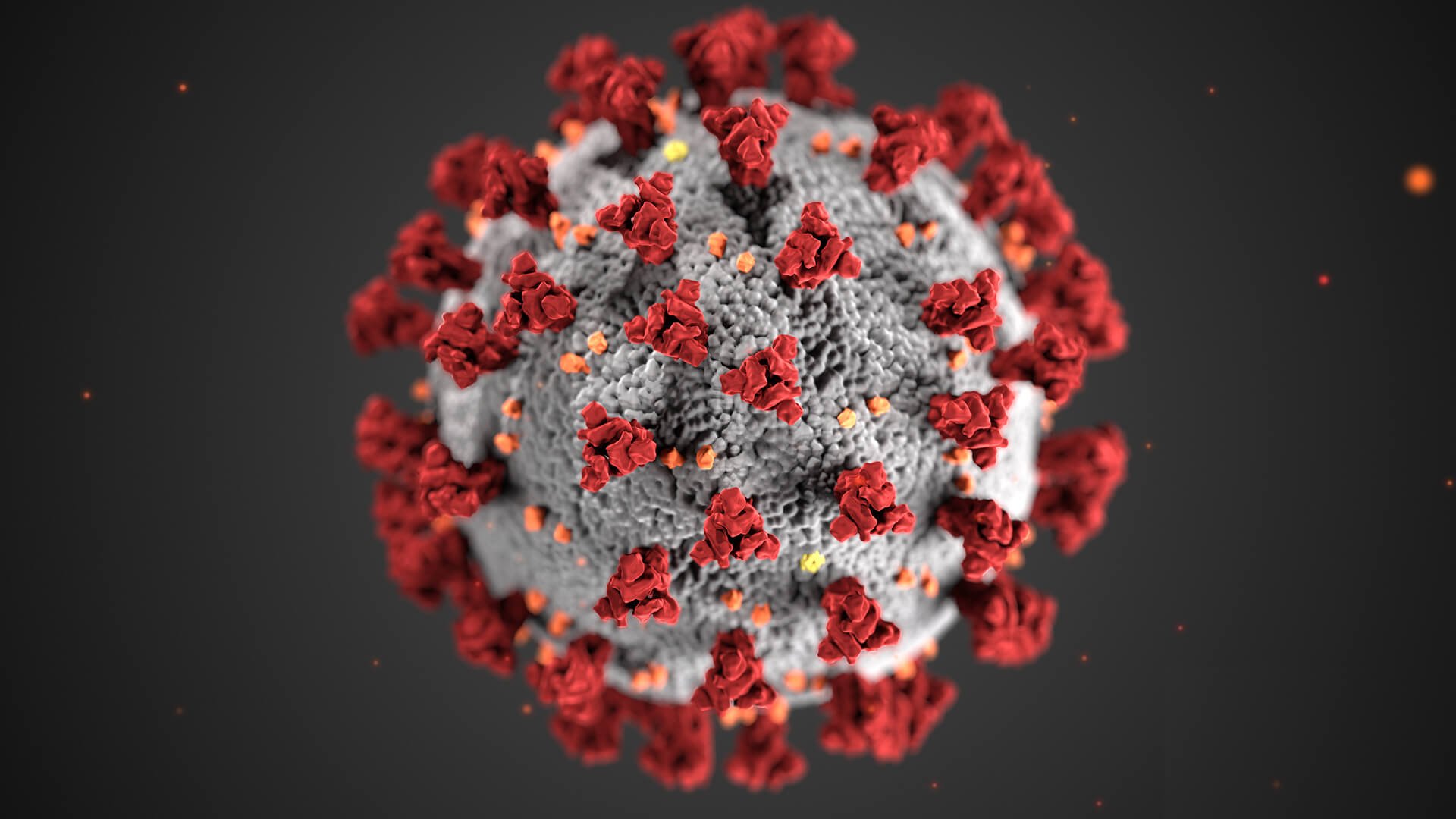
We are all engaged, almost at a primitive level at the bottom of the pyramid – health, food, home, and livelihood.
It doesn’t get much more existential than that.
It’s not How to Spend It but How to Survive It

We have become mini-philosophers. We consider the nature of government power, personal freedom, attitude to foreigners, globalism, travel, health, mental health, death, community. We see our vulnerability.
By and large, we’ve been coasting along, in the developed West, since World War II in unprecedented freedom, affluence, and general optimism. All of a sudden, we are facing the fragility of being human. It is a moment of change and new ideas can take hold.
Post virus, life will go on, but this crisis is bound to produce internal reflection from brands on how they conduct themselves.
Reasons to be cheerful
And so, The Marketing World is putting on a brave face:
Bain says luxury brands will win through in the end and that light is at the end of the tunnel
“Lessons in resilience learned in the dark days of 2020 can power a sustainable recovery in 2021 and beyond. This crisis may be transforming the luxury industry for good, but it could also be a transformation for the good”
Marketing Week are predicting – yet again - a repurposing of consumerism and the rise of a new conscious shopper:
“From cutting back on red meat to upcycling clothes, conscious consumerism is on the rise and it has very real implications for brands across a variety of sectors".
Trend forecaster Li Edelkoort predicts ‘Quarantined Consumerism’:
“The coronavirus epidemic will lead to a global recession of a magnitude that has not been experienced before but will eventually allow humanity to reset its values”.
The Times believes that an orgy of spending is on its way:
“As the vale of tears lifts it is not surprising that euphoria often follows. When the ravages of the Black Death finally passed, spending patterns changed dramatically, with the demand for luxury goods shooting up. Something similar happened after the end of the First World War and once the Spanish Flu had finally passed. The decade that followed became known as the Roaring Twenties, a time of enjoyment, of decadence and even of early sexual liberation”
McKinsey calls this 'revenge spending' - a phrase that refers to pent-up demand for luxury items during or after crises.
Let's see.
There will always be a Luxury
Time and again, the luxury business has proved capable of reinvention. It has experienced a turbulent history and shown a great capacity to adapt and survive.
In part due to its endless and ever-alluring deeper psychological role - see our earlier blogs.
In part due to imaginative entrepreneurial thinking.

Think of Madame Clicquot: in the middle of the biggest war Europe had seen, and near bankruptcy; after the defeat of Napoleon she supplied the Congress of Vienna as they drew up the new frontiers of Europe, with her champagne: turning the event into a huge party. Early experiential marketing.
Most of the older brands have great innovation at the heart of their origination:
Hermes: established in 1837 as a harness workshop in Paris dedicated to serving European noblemen for all equestrian needs (of course, only noblemen could afford such hobbies). Originally, Hermes served the horse, not the person — it was one of the most famous and luxurious saddlery retailers.
Louis Vuitton: established in 1854 as a luxury trunk retailer to serve the wealthy’s need for quality suitcases in their travels (again, only something that the affluent could afford doing) — previously most travel cases were round and couldn’t be stacked during travel, so they’d bump around, easily damaging the contents and the case itself. Vuitton’s trunks were square and stackable, revolutionising bag transport.
Lanvin: one of the oldest luxury garment brands, Lanvin was established in 1889 to serve wealthy women and their daughter’s couture clothing needs.
Chanel: in 1910, Gabrielle Coco Chanel revolutionised women’s wear. Originally only a hat company, she realized women needed comfortable luxury, not just fashionable luxury.
A few examples of how luxury brands started out as simply as functional artisan-crafted products.
They were expensive and of quality. A sector was then created laden with specific imagery much of which has become divorced from the original intention of the makers.
This may be the time to revaluate the meaning and the word ‘luxury’ and return to the category’s roots: well made, excellent products that are inherently sustainable. They are built to be durable and to last.
It’s a strong and relevant message.
More of this in Part 2 (coming soon)
But we are confident about luxury’s future. Some brands will probably emerge from this stronger; others strive to keep their integrity and meaning.
How is your brand planning for the recovery?
Marketers and brands should now be having the conversations that will set direction for the coming era.
Are you ready?
Anew is well placed for both luxury and sustainability conversations, having in-depth experience of both.
We are brand development and marketing specialists for ambitious businesses of excellence. We help companies increase brand profitability through sharper insights, distinctive propositions, creative ideas and faultless execution. We are particularly adept at working directly with luxury brands, business owners, start-ups and entrepreneurs who are committed to sustainability, outstanding quality and craft.
You can read more about us here
And if you’d like to discuss a potential project, do get in touch
